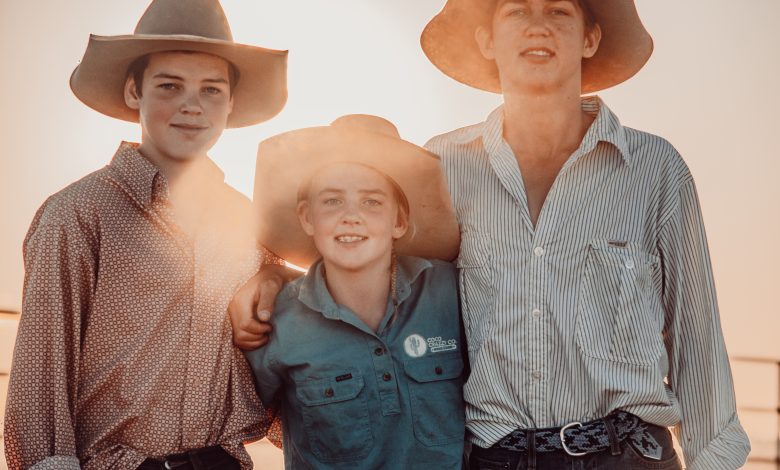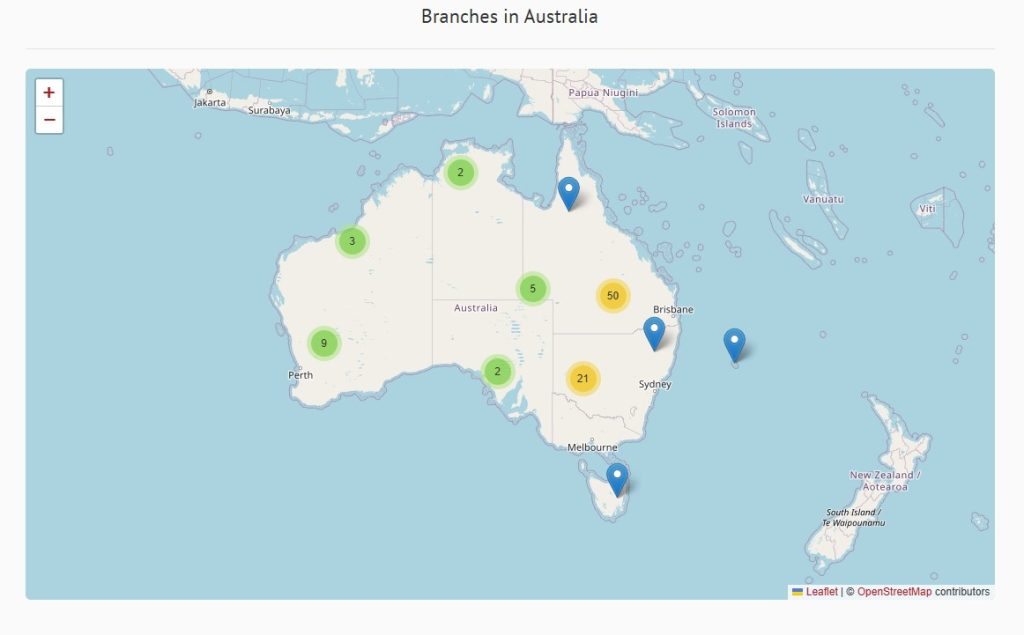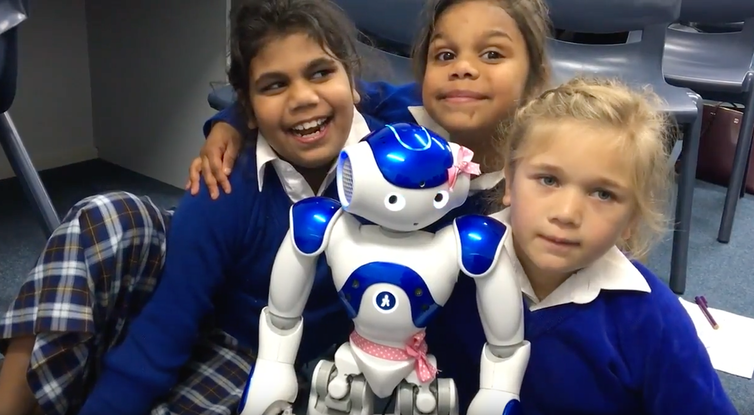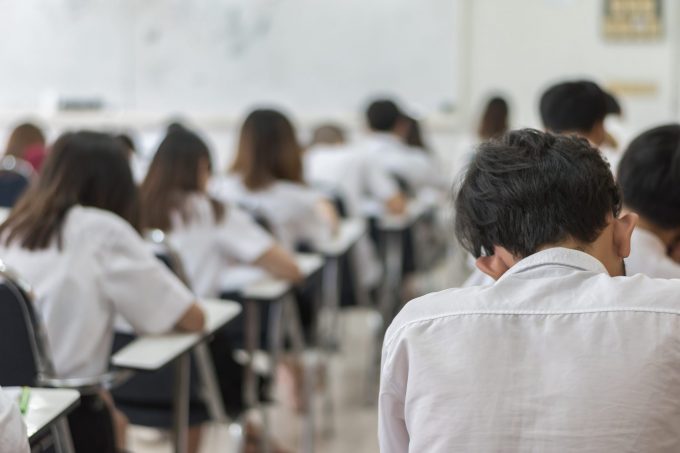What is ICPA?
This is the latest article in our series sharing some of the lesser-known schools and groups that make up the broad Australian education sector.

There is a quote by Lemony Snicket that goes: One cannot understand the universe if one has never felt small in it.
ICPA is a unique group that encompasses six of Australia’s states and territories, with branches from Lord Howe Island, 700km northeast of Sydney to the Kimberley in the far north of Western Australia. It covers the entire land mass of Australia, yet represents only 2,500 families and individuals.
Read the latest print edition of School News HERE
This is ICPA, the Isolated Children’s Parents’ Association. Members include a cross-section of Australia’s rural communities, primary producers, small business owners, schools, national and state-based organisations and individuals who support equity of access to education for geographically isolated students.
“I joined the Isolated Children’s Parents’ Association because of my deep commitment to ensuring that all children, regardless of their geographical location, have access to quality education,” explains Amanda Murphy, publicity officer and member of ICPA Northern Territory.
“I live at Carpentaria Downs, a cattle station between Daly Waters and Borroloola, in the Top End of the NT. I have four children, three at boarding school and one at home doing distance education through the Katherine School of the Air.”

“I have lived in remote areas all my life,” continues Murphy. “I was a distance education student, went to boarding school and lived away from home to attend university, so I understand firsthand the unique challenges that rural families face in accessing educational resources.”
Hollie Williams is a member and secretary of the ICPA South Australia branch. Her family, too, is split, with one son away at boarding school and a daughter who is currently homeschooled with SOTA (School of the Air). The distances are mind-boggling.
“Magenta’s school room is only five metres from my front door. She is constantly in the house and always about when something is happening at the station. Magenta doesn’t know any other schooling, having done kindy through to year 6 all at home,” says Williams.
“On the other hand, it is almost 1,000km to my son’s boarding school in Adelaide, so it’s not that easy to drop him off to school, pick him up or get him home for exeat weekends. It is two days off work minimum just to get him to school,” she adds.
Each of the ICPA branches has to accommodate families with a broad range of living experiences and needs:
- families whose children are sent away to boarding school
- families who have had to set up a second home in town so the children can access education, meaning parents are separated during term time
- and families whose children are undertaking distance education while staying at home, some of whom employ tutors, others who are taught by mum or dad.
Even within individual families, circumstances can change constantly as children move between primary and secondary school and different options arise. Williams’ two sons went to a regional area school at one stage, boarding privately with a host family. “We chose this option as it was much more affordable and worked at the time.”
“ICPA branches work diligently to represent the diverse needs of these families through a combination of local knowledge, support and advocacy,” explains Murphy. “Each branch is deeply rooted in its community and understands the specific challenges faced by its members.”
Specific problems and issues are then taken to their State ICPA groups. The Federal Council is made up of members of the state groups, which collaborate with educational institutions, policymakers, and service providers to advocate for policies and resources that will benefit all ICPA branches and members.
All families experience many barriers and challenges when seeking education, but the tyranny of distance only compounds these issues.
“Cost is a major factor,” says Williams. “The extra cost in diesel and wear and tear on your car, not to mention if you blow a tyre.”
“Travel to and from contact events for Distance Education and airports (and the flights!) to get kids back to boarding school is a huge cost,” adds Murphy. “Additionally, there are often fewer resources and specialised educational support services available in rural areas. To get a diagnosis for learning difficulties can be a huge strain on any family – whether it be in metro or rural settings – but to add the cost of travel, accommodation and time away from other family and your job can be all too much at times. The isolation can also lead to feelings of loneliness and disconnection for both students and their families.”
The impact on family dynamics is something ICPA families must learn, reluctantly, to endure.
“You need to remember that many rural and remote children, especially those living away from home to attend compulsory education, don’t go home every night to their parents. They don’t sleep in their own bed, they don’t see their siblings or pets,” says Williams. “When your child goes to boarding school, they will never live at home properly again and your family dynamics change forever. For many families, their child is only 11 when this happens for Year 7, it is so young. Trying to deal with problems as they arise and you being hundreds of kilometres away is not easy, especially when your child is upset, unwell, or just wants a hug.”
There are almost 100 ICPA branches, which can sometimes consist of just a handful of families. “Grassroots branches organise regular meetings, sport and cultural camps, bringing kids and adults alike from all types of families, whether it be from Stations, remote communities, or remote police families, to ensure that kids have opportunities to socialise and be supported through their education journey,” explains Murphy.
“To educators and schools, I would like to emphasise the importance of understanding and addressing the unique needs of rural and remote students. Kids that grow up in the bush are drawn back to the bush, and we need to keep our advocacy going to make the education journey for families in the bush easier and more financially sustainable. These children are capable of achieving great things when given the right tools and support – they are our next chopper pilots, remote doctors and nurses, leaders in the agricultural industries. By working together, we can ensure that every child, regardless of their location, has the opportunity to succeed and thrive.” Amanda Murphy, ICPA NT
A fabulous short video about ICPA can be found at https://youtu.be/8rQXyw5DNKI?si=Oa7tckhDWaljZuWv
Read the Term 4 edition of School News online HERE







